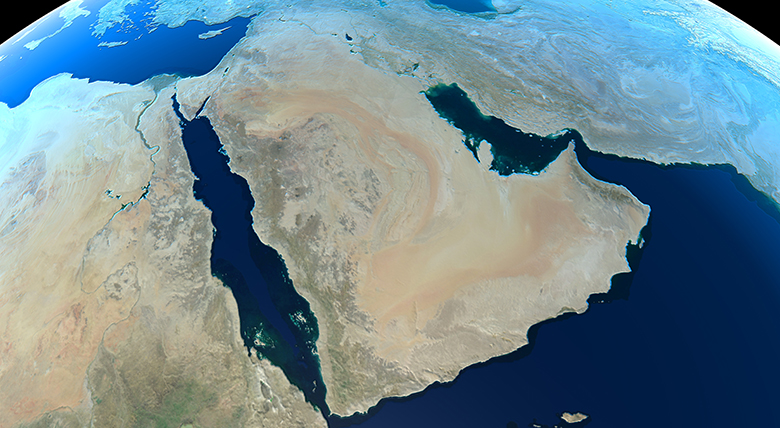One of the main considerations in doing business is the geographical location and the effect it has on project implementation progress, and thus, on proposal writing. As it relates to society, culture, politics, and economics, each country in the Middle East maintains an ever-changing, unique environment.
Recent political and economic changes have had a special effect on Middle Eastern countries. The situation has called for increased funding for areas facing conflict (Syria, Iraq, and occupied Palestinian territories) and for host communities (Jordan, Lebanon, and Turkey). As a result of stability as compared to nearby countries, those host countries, such as Jordan for example, have become actively stronger investment areas.
Understanding Funding in Middle Eastern Countries
- Committed funds are managed for assistance to refugees and vulnerable communities in Jordan, Lebanon, Turkey, and Egypt to address longer-term resilience needs of affected civilians (both refugees and host communities) and to reconstruction projects for post-conflict recover in Iraq.
- Syria’s reconstruction plan has committed funding to financial tracking services for reconstruction projects inside the country.
- Allocated funds in occupied Palestinian territories in the West Bank and Gaza Strip were for humanitarian projects, shelter assistance, health care, water and sanitation, disaster preparedness, protection activities, and food assistance. With an especially fragile economic situation, more funding was provided for small and medium-sized agricultural production.
We have to keep in mind that writing proposals is not the same for all Middle East countries either, as language speaks differently in countries in current conflicts, countries in post-conflict recovery, or in refugee-hosting countries.
How Does This Relate to Proposal Development?
Knowing this information is necessary when looking to do business—and write proposals—in the Middle East, especially as it pertains to funding. We have to keep in mind that writing proposals is not the same for all Middle East countries either, as language speaks differently in countries in current conflicts, countries in post-conflict recovery, or in refugee-hosting countries.
This means that proposals for business in Jordan, for example, should consider the increased number of refugees Jordan is hosting, as this is affecting multiple sectors (infrastructure, buildings, education, water, and sanitation).
Differences also occur in financial openings. For instance, some regulations in Saudi Arabia say to open financial results before opening technical proposals, while others follow the rule that financial proposal openings are for only those who pass the technical proposals evaluation.
Tips for Doing Business in the Middle East
- Consider the source of funding. Usually there are two types of funding: local government funding and international funding in cooperation with the local country’s government.
- Develop business plans throughout the proposal planning phase.
- Consider using a local team in combination with international team members.
- Adhere to the business development lifecycle: market identification, account planning, opportunity assessment, opportunity planning, proposal planning, proposal development, and ongoing customer relationship building to maintain future opportunities.
- Convey your message within a context that the client can understand and appreciate all considerations and evaluations.
Farah Al-Nasser, CF APMP, is the business support manager at GOPA mbH Middle East, a Germany-based consultancy, and works in Amman, Jordan. She can be reached at farah.alnasser@hotmail.com




Join the Conversation